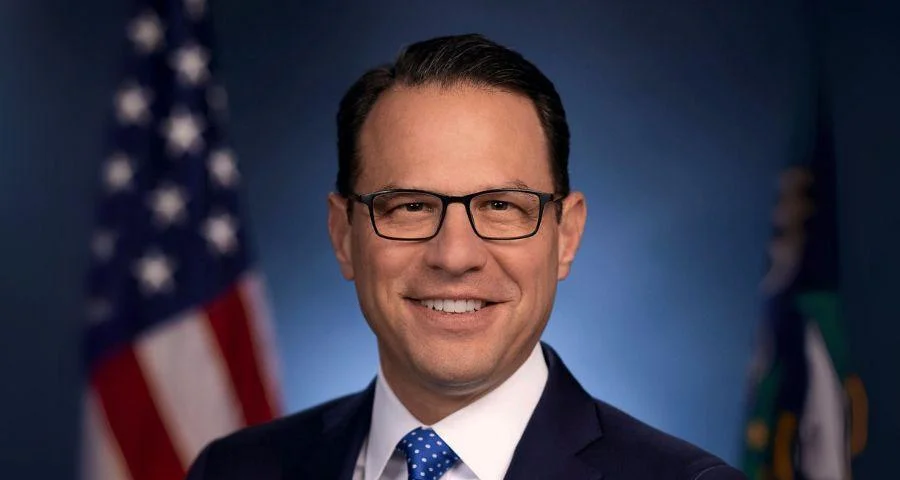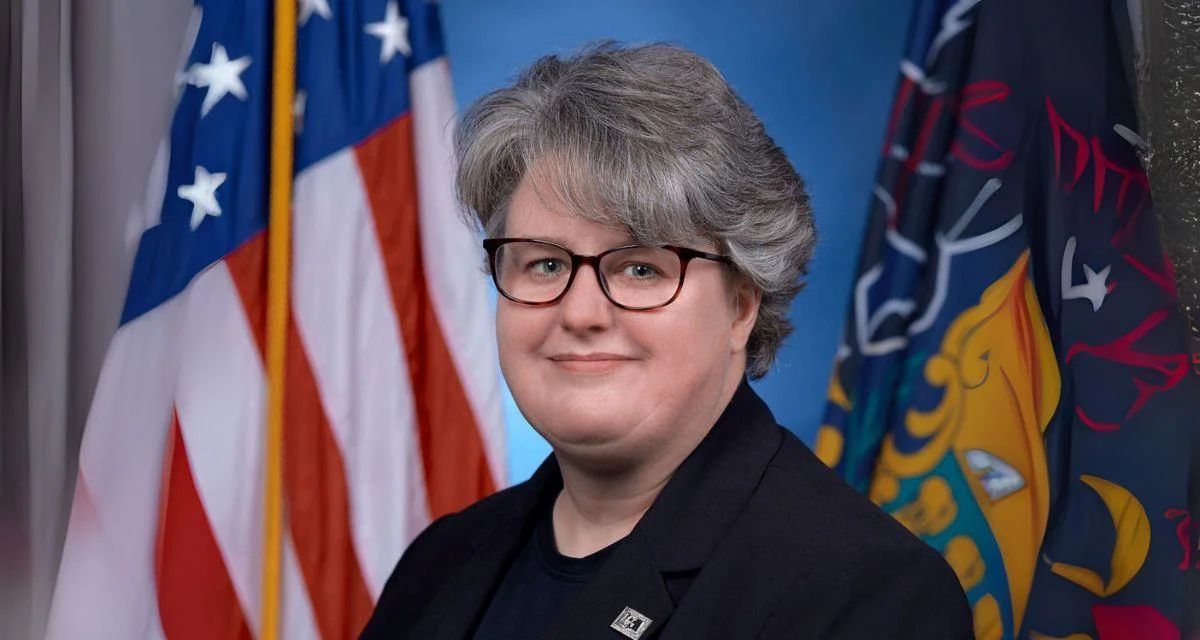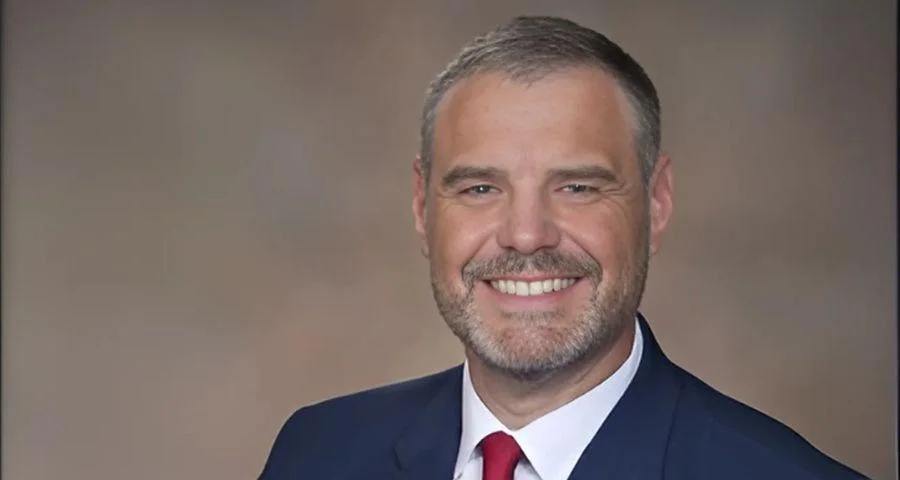
Mark Jewell NEA Executive Committee | Official Website
Today, the U.S. Supreme Court issued a decision in the case of Mahmoud v. Taylor that introduces new requirements for educators and public schools. This ruling has raised concerns about its potential impact on providing an inclusive education that reflects the diversity of students and identities in public schools across the nation.
The National Education Association (NEA) had previously submitted an amicus brief to the court, arguing against such a decision. The NEA expressed concerns that this ruling would hinder efforts to offer students a comprehensive and engaging public education experience.
NEA President Becky Pringle issued a statement in response to the court's decision. She said, “Today the U.S. Supreme Court willfully discounted and ignored the expertise of trained professionals in the classroom. This decision could have a chilling effect on students for generations to come and could lead to more educators self-censoring, shelving books and lessons, and preventing some already marginalized students from being seen and acknowledged."
Pringle emphasized that educators understand all students deserve access to an inclusive public education, regardless of their identity or gender. She criticized the court for creating "new, unnecessary legal rules" that she believes burden educators and disrupt their teaching abilities.
According to Pringle, “The Court’s ruling is a direct attack on our democracy." She highlighted that public education should engage students with diverse ideas, allowing them to explore new perspectives independently.
Pringle also warned against censoring books and resources available to students, stating it limits their freedom to learn and contribute to society. She argued that everyone deserves representation in educational materials: “Books are like mirrors and windows. They reflect what we observe and know about the world in which we live.”
The NEA remains committed to advocating for inclusive education practices despite these new challenges posed by the Supreme Court's ruling.





 Alerts Sign-up
Alerts Sign-up